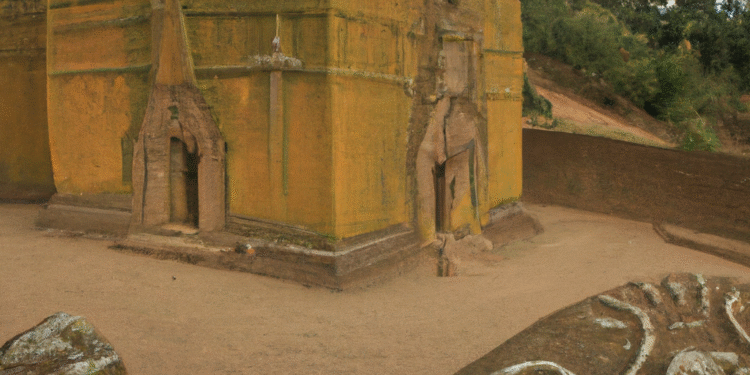Exploring The Rich Tapestry of Ethiopian History
Ethiopia, a country in the Horn of Africa, has a history that is as deep and fascinating as the origins of humanity itself. Its rich cultural heritage, ancient civilization, and remarkable historical events paint a vivid picture of a nation that has withstood the test of time.
Prehistoric Ethiopia: The Cradle of Humanity
Ethiopia’s history dates back to the very beginnings of human existence. The country is renowned as the birthplace of mankind, thanks to the discovery of the world's oldest hominid fossils, including the famous ‘Lucy’.
- 3.2 million years old, Lucy's discovery in the Afar region in 1974 revolutionized our understanding of human evolution.
- The newer discovery of the 4.4 million-year-old Ardipithecus ramidus (Ardi) further cemented Ethiopia's place in the annals of human evolution.
Ancient Civilizations: The Aksumite Empire
Ethiopian history is not just about its prehistoric past. The country was home to one of the world's most powerful and influential ancient civilizations – the Aksumite Empire.
- The Aksumite Empire (1st-7th century AD) was one of the four great powers of the world, alongside Persia, Rome, and China.
- Aksum was a major trade center with its own currency and written script, Ge'ez, which is still in use in the Ethiopian Orthodox Church today.
The Solomonic Dynasty: The Middle Ages in Ethiopia
The Middle Ages in Ethiopia were dominated by the Solomonic Dynasty, which claimed descent from the biblical King Solomon and the Queen of Sheba.
- Ruling Ethiopia from the 13th to the 20th century, the Solomonic Dynasty marked a period of significant political and cultural development.
- The dynasty produced many notable kings, including Emperor Menelik II, who successfully defended Ethiopia against Italian colonization in the Battle of Adwa in 1896.
Modern Ethiopia: Overcoming Challenges
The 20th century was a momentous period in Ethiopian history, marked by the Italian occupation, Emperor Haile Selassie's reign, the communist Derg regime, and finally, the establishment of the Federal Democratic Republic.
- Emperor Haile Selassie, known as the father of modern Ethiopia, was a significant figure in promoting Ethiopia on the global stage.
- Ethiopia faced a brutal period under the Derg regime (1974-1991), characterized by civil unrest and a devastating famine.
- The current political system, the Federal Democratic Republic, was established in 1995, marking a new era of governance in Ethiopia.
Conclusion
The history of Ethiopia is a testament to the resilience and strength of its people. From its beginnings as the cradle of humanity to its various influential empires and its modern-day challenges, Ethiopia's history is an intricate tapestry of fascinating events and cultural milestones. As we continue to delve into its past, Ethiopia never ceases to surprise and intrigue us, offering a unique perspective on the evolution of civilization.




